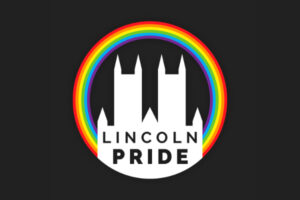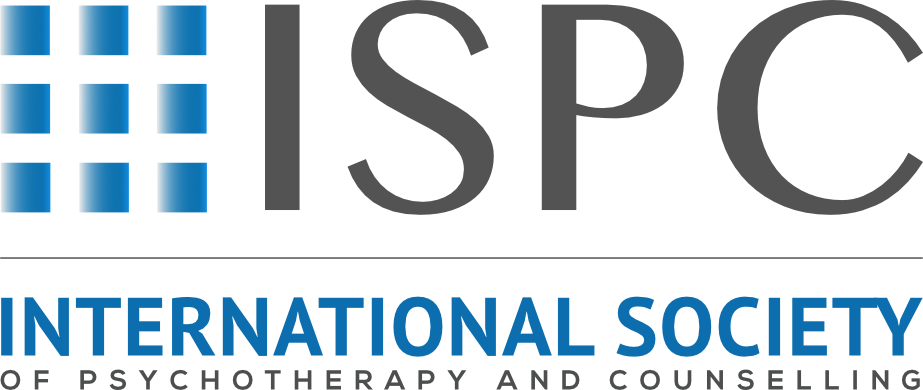
Making a Complaint
We take all complaints seriously, and will look at how education and making change can motivate a better service for any Client or any Member of our Society and wider community…
The Professional Body for Psychotherapy and Counselling
ISPC Complaints - Psychotherapy & Counselling
Making a Complaint Through ISPC
Complaint - What we suggest
If you feel there has been an issue regarding your therapy we strongly suggest that you speak with your counsellor about the issue first. In most cases there maybe a miscommunication or mis-understanding. It is very normal that a client will feel at some point that the counsellor/client relationship is mis-aligned. In these cases, any professional counsellor would be open to talking about the issue either in person, or if you feel it necessary, via email.
In most cases being open and honest about something can help to put in place boundaries and understanding. This of course is necessary for any relationship both in professional and social settings.
If that does not work...
We advise that if you feel you can not talk with your counsellor that you do at least email him/her/them. Please make as many notes as possible, times and dates and what you feel has happened. And then follow the guidance below.
Blame & Shame Culture
We do not look to be punitive against any individual. We seek to educate rather than publicly shame. Our role within society, as with any human being, is to support and help individuals and groups make better decisions.
Any wrong doing on the part of the counsellor against our ethics and policies will be held in the strictest of confidentiality like we would for any client or any member of the public. It is our role to provide balance and a non judgemental approach as we do follow a person centred attitude towards everyone.
We strongly believe that blame and shame does not help to educate someone. The ISPC believes that all individuals deserve the help and guidance needed to grow and learn.
If there is any criminal wrong doing we may advise you get legal advice or get in touch with the relevant authorities. We can not deal with any such issues, as we are not the law.
Complaints Procedure
Follow the Complaints Procedure below
The ISPC uses a procedure for complaints. We adhere to protecting clients, the wider public and our members.
Code of Ethics and Practice: Complaints Procedure
The purpose of this procedure is:
a) To provide an impartial and demonstrable means of hearing clients’ complaints against members.
b) To educate and/or prevent members who do not comply with the code of ethics and practice of practicing under the ISPC designation.
c) To allow individuals to understand responsibility and an ability to grow and change.
Counsellors agreeing to abide by the ISPC’s code of practice, and who are subsequently awarded membership are also subject to the following complaints procedure.
The only person who is entitled to make an official complaint about the standard of work of a particular Counsellor is a client, or someone acting on behalf of a client.
All complaints must be made in writing to The Administrative Board, ISPC, Greetwell Place, Greetwell Road, Lincoln LN2 4US.
The client will be sent an acknowledgement. The Counsellor will be sent a copy of the complaint and asked to respond directly to the Administrative Board.
Members of the Administrative Board will examine the details of the original complaint together with the Counsellor’s response and will seek clarification where required.
If the complaint is upheld we will look at how the counsellor can make better choices through education, and or professional guidance from their supervisors. In some circumstances, the Counsellor will have their membership cancelled, have their name deleted from the counselling directory and lose the right to use the Society’s designatory letters after their name. They will not be entitled to a refund. In extreme circumstances the Administrative Board may, without prejudice and having obtained the express permission from the client, refer the matter to the police or legal authorities.
The client will be notified of the decision in writing.
The Counsellor may appeal against the decision of the Administrative Board. In this event the client will be notified in writing and three members of the Society will be requested to serve as outside assessors to the case. A vote will then be taken from three members of the Administrative Board and the three outside assessors and the majority vote will decide the sanctions (if any) to be taken against the Counsellor. This will then be the final decision.
The final decision will be notified to the Client and the Counsellor in writing.
Please Contact us Via Email
For any issues that can not be resolved with your counsellor, please do email us in the first instance. We look to respond at our earliest availability. This is normally with in 48hrs of any complaint. We will then ask for the complaint in writing.
Please feel free to contact us
ISPC Board Members
OUR SOCIETY
Aims & Objectives
- To provide a solid ethical framework (ethics) for both clients and counsellors to adhere and refer to.
- To keep up to date with relevant research, and will keep members informed with any industry developments.
- We are a non-profit organisation and membership fees will go back to the counselling community. We aim to help pay tuition costs, making courses accessible for anyone who wishes to embark in the counselling profession.
- To provide tailor made guidance and advice, whether you are a counselling student, professional, charitable organisation or international practitioner.


OUR SOCIETY
Our Values
Our values hold inclusivity at its core, we value the voices form often overlooked professionals. We are keen to host discussions about what is missing from our industry and encourage open conversations to educate one another.
As board members we lead by example promoting the core conditions of counselling across our organisation, they are as follows: Unconditional positive regard, Congruence and empathy. Each Member is expected to adhere to the same principles.
We believe everyone should be entitled to access therapeutic services, we strive to promote the benefits and impact that these services can have on individuals’ lives.

OUR COMMUNITIES FOR THE FUTURE
Our Mission to Support
Our profits go towards helping anyone involved in Psychotherapy and Counselling. We support Students, Qualified Counsellors, Small Businesses and Independent Colleges. It is our duty to help the industry grow by feeding back all the good work we all do.

LGBT Rights in the U.K. 2024
LGBT Rights… The landscape of LGBT rights in the United Kingdom is ever-evolving, shaped by a complex interplay of social attitudes, legislative reforms, and advocacy

Being at University – Mental Health
Mental Wellness 101: How to Thrive During Your University Experience University can be an overwhelming experience, both academically and personally. Juggling classes, assignments, work, and

World Suicide Prevention Day 2023
Let’s Talk About It: The Importance of Mental Health on World Suicide Prevention Day 2023 World Suicide Prevention Day 2023 is a time to reflect

Lincoln Pride UK 2023
Embracing Equality and Inclusion at Lincoln Pride UK 2023 Lincoln Pride UK 2023 is an exciting event that celebrates diversity and inclusion. It’s a day

New Mental Health Unit to Open in Banbury
Ex-England footballer Martin Keown opens Banbury mental health hub Former Arsenal and England footballer Martin Keown said he was honoured to open an “inspirational” new

18 Week Mind and Body Programme
The Wellness Network CIC has secured funding to run an 18 week Mind and Body Programme to those living in Sleaford …. The Wellness Network




